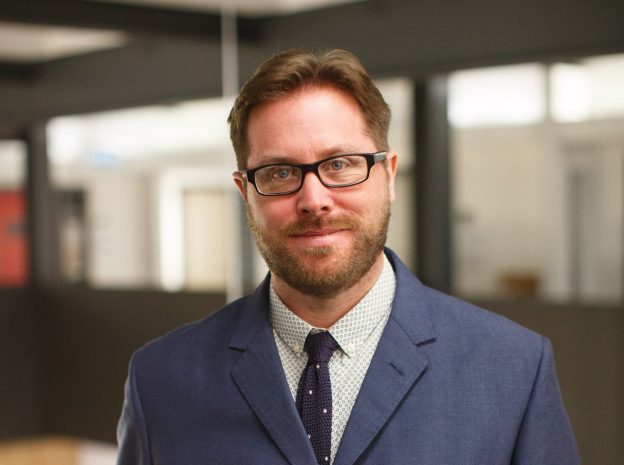Dr Ben Thomas, Reader in the Department of Art History, will be chairing a debate on ‘Leonardo’s “Paragone” and Contemporary Art’ at the Warburg Institute on Monday 2 December 2019, featuring leading contemporary painter Humphrey Ocean and sculptor Phillip King. The event is part of Leonardo 500, a series of events marking the 500th anniversary of Leonardo da Vinci’s death.
Leonardo da Vinci argued that ‘the sculptor undertakes his work with greater bodily exertion than the painter’ and that sculpture is ‘an extremely mechanical operation, generally accompanied by great sweat which mingles with dust and becomes converted into mud. His face becomes powdered all over with marble dust, which makes him look like a baker’. By contrast, the painter is a cultured intellectual wearing fine cloths and painting to the accompaniment of music and poetry recitals. Partly made for comic effect in a courtly setting, Leonardo’s arguments for the superiority of painting over sculpture – the so-called Paragone debates – are at the heart of his conception of the visual arts as noble because they required a theoretical understanding of nature.
A deeper reading of Leonardo’s arguments reveals his profound interest in sculptural problems such as lighting and view-point, and an awareness that pictorial challenges like creating the appearance of relief on a flat surface (‘rilievo’) requires a knowledge of sculptural form. To what extent are these questions and concerns relevant to the practice of the visual arts today? Humphrey Ocean and Phillip King will reprise Leonardo’s arguments, relating them to their own practice.
The event has been co-organised by the Warburg Institute; The Italian Cultural Institute; the Centre for Cultural Memory and the Friends of Italian Studies at the Institute for Modern Languages Research, School of Advanced Study, University of London; and the Histories Research Group at the School of Arts, University of Kent.
The event will run from 18.00 to 20.00.
For more details, and to book, please see the Warburg Institute’s page.
